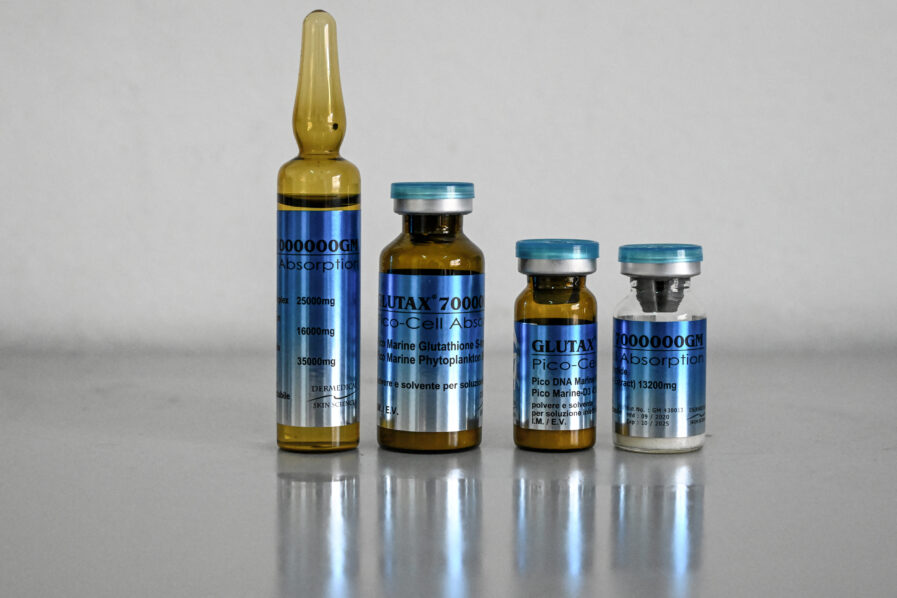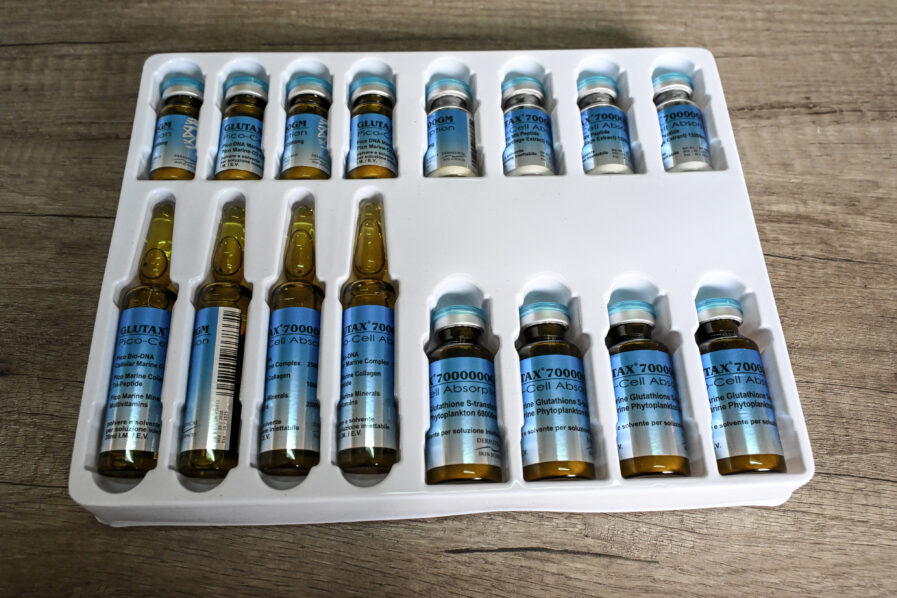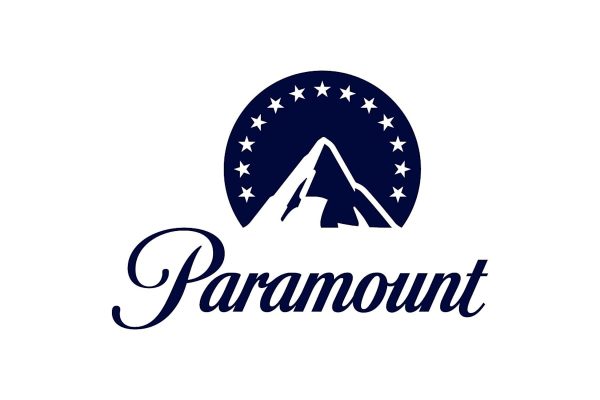- I fear for Ann’s safety, Regina Daniels cries out over friend’s arrest
- Adekunle Gold, Simi celebrate 7th wedding anniversary days after birthing twins
- Keeping up with the Nwokos: Regina Daniels confirms warrant on family after brother’s arrest over alleged $40k theft
- Paramount sues in hostile bid to buy Warner Bros Discover
In West Africa, the surge in skin-whitening practices has led to a dangerous market of unregulated products and health risks. From hazardous creams to dubious injections, the quest for lighter skin is fraught with scams and severe health consequences. This draws concern from health experts and regulators alike.
[ad]
A YouTuber’s experience with whitening injections

In her quest for “fair skin,” an Ivorian YouTuber recently visited a market stall in Abidjan to receive several injections. These injections contained whitening agents. The influencer, who asked to remain anonymous, waited 10 days in vain to see any results. “Clearly, I’ve been ripped off,” she told AFP.
This young woman is one of a growing number of customers across West Africa who seek to reduce the melanin in their skin. As fairness is associated with higher status, privilege, and beauty. The global market value for bleaching treatments will jump from $10 billion in 2021 to $16 billion by 2030.
Dozens of Facebook pages in Cameroon, Ivory Coast, Niger, and Senegal promise “uniform whitening” thanks to various creams or injections, creating a gateway to a huge web of scams. In Nigeria, numerous pages advertise so-called organic skin whitening products. It is not uncommon to see videos of women peeling off layers of their skin to reveal a lighter hue.
“There are many harmful organic products out there,” Dr Fola David, a Lagos-based dermatologist, told Guardian TV. “I would rather we stick to medical-grade products, the ones where you can see the ingredients and [understand their purpose].”
A lab analysis requested by AFP of one popular product in Ivory Coast showed it contained no whitening agents. Experts also warn that the trend is far from harmless, with the World Health Organization (WHO) in 2023 calling it a “global health problem that needs urgent attention.”
In May, Nigeria’s National Agency for Food Administration and Control (NAFDAC) said Caro White, a whitening body cream readily available in the open market, contained harmful levels of kojic acid. The substance inhibits and prevents the formation of tyrosine, an amino acid necessary for melanin production.
Significant health risks
In 2018, several African countries banned skin-bleaching products containing mercury and high doses of steroids. However, a 2023 WHO report said 77% of Nigerian women use skin bleaching products. In other West African countries such as Ghana, Mali, and Senegal, 39%, 50%, and 25% of women respectively reportedly use the products.
Skin bleaching is not a new phenomenon in Africa and parts of Asia. The WHO describes it as a global health problem that demands urgent attention. “The practice has its roots in the transatlantic slave trade and continued during the European colonisation of African nations,” the WHO report said.
Although creams still dominate the market, injectable liquids are proving increasingly popular with young people. The effect is thought to be “faster” and “more uniform,” according to Marcellin Doh, the president of a civil society collective in Ivory Coast fighting the skin-whitening fad. While the risks of creams are well documented—some cause premature ageing or contain carcinogenic substances—the dangers of injections are less well known. Specialists confirm there is little oversight regarding the ingredients or manufacturing process. Some contain strong anti-inflammatories, according to dermatologist Sarah Kourouma of the Treichville University Hospital in Ivory Coast.
“Given their side effects, we assume that they are steroids,” she told AFP, adding that prolonged use in high doses can cause depigmentation, diabetes, and hypertension.
World Health Organization’s observations
The WHO also insists that ingredients such as mercury, hydroquinone and corticosteroids in skin bleaching products can cause “dermatitis, steroid acne, discolouration, changes in skin thickness, inflammatory disorders, and conditions such as mercury poisoning, nephrotic syndrome, and exogenous ochronosis.”
Wealthier women, meanwhile, turn to expensive injections of glutathione, a powerful antioxidant, which can be prescribed in the treatment of cancer and Parkinson’s. “Young, educated women aged between 25 and 30 inject themselves every week, sometimes every second day,” Kourouma said. They risk developing “skin pathologies such as acne and conditions that leave scars and black spots that are very hard to treat.”
Her observations were echoed by Grace Nkoro, a dermatologist at the Gynaeco-Obstetric Hospital in Cameroon. Nkoro said she had seen several patients develop skin problems and even kidney failure after “buying these injections on the internet.” Neighbouring Ghana issued a public health alert in 2021, warning that glutathione injections “pose a significant health risk” with “toxic side effects for the liver, kidneys, and nervous system.”
READ ALSO: Skin Bleaching – Dangers Behind The Pursuit Of Lighter Skin
Unsafe injections

There are also concerns over how these products are being administered. In many cases, merchants at a market or store will provide the jab—an “illegal practice,” according to the Ivorian Pharmaceutical Regulatory Authority. In other instances, people inject themselves at home. The lack of medical supervision can lead to the spread of communicable diseases like hepatitis, experts caution. “If you don’t clean the equipment properly, you could potentially inject bacteria into the bloodstream and risk total body infection,” Kourouma warned.
Although Ivorian authorities outlawed certain whitening products in 2015, the ban did not directly target those containing glutathione. As a result, they are still widely available in markets and online. The manager of an Abidjan-based online store, who wished to remain anonymous, said she imported “good-quality” products from Southeast Asia, Italy, and Switzerland. According to her, the jabs were “basically medicine.”
Scam products
AFP contacted another vendor on social media, claiming to sell glutathione injections in Abidjan. They purchased a batch of 16 vials and powders produced by Dermedical Skin Sciences for 75,000 CFA francs ($124). A lab analysis by a Paris-based hospital showed the vials contained vitamins, proteins, and sugar—but no glutathione. Attempts to contact Dermedical Skin Sciences proved futile. The company website lists a lab in the Italian city of Milan. But Google Maps only shows a municipal swimming pool and golf course at the given address. There is also no company registered under the name “Dermedical Skin Sciences” with the Italian Chamber of Commerce.
An Ivorian trader promoting a brand named Glutax told AFP that a wholesaler in Manila was behind the products. The capital of the Philippines is home to a dizzying number of retailers supplying the African market with skin-whitening products. Further online searches showed the existence of a Manila-based firm called Glutax. Contacted by AFP, the company confirmed it was headquartered in the capital and was a global distributor of bleaching treatments. Glutathione-based injectables are banned for use in the Philippines because of their “potential danger or harm to health.”
Ending the scourge
A Zimbabwean researcher, Shingirai Mtero of the Nordic Africa Institute, said skin bleaching was “inherited from the colonial period.” “African countries emerged from colonisation… But that does not mean that they emancipated themselves from the realities and prejudices that were imposed on them.”
The WHO said education, awareness, advocacy, and regulatory actions can help curb the prevalence of skin bleaching in Africa. It has declared skin bleaching a public health concern and banned products containing hydroquinone and harmful substances in some countries. Still, some of these products are available in markets and online.
Finally, “we need to create increased awareness on the problems that exist with skin lightening and whitening,” Dr David said.
[ad]








